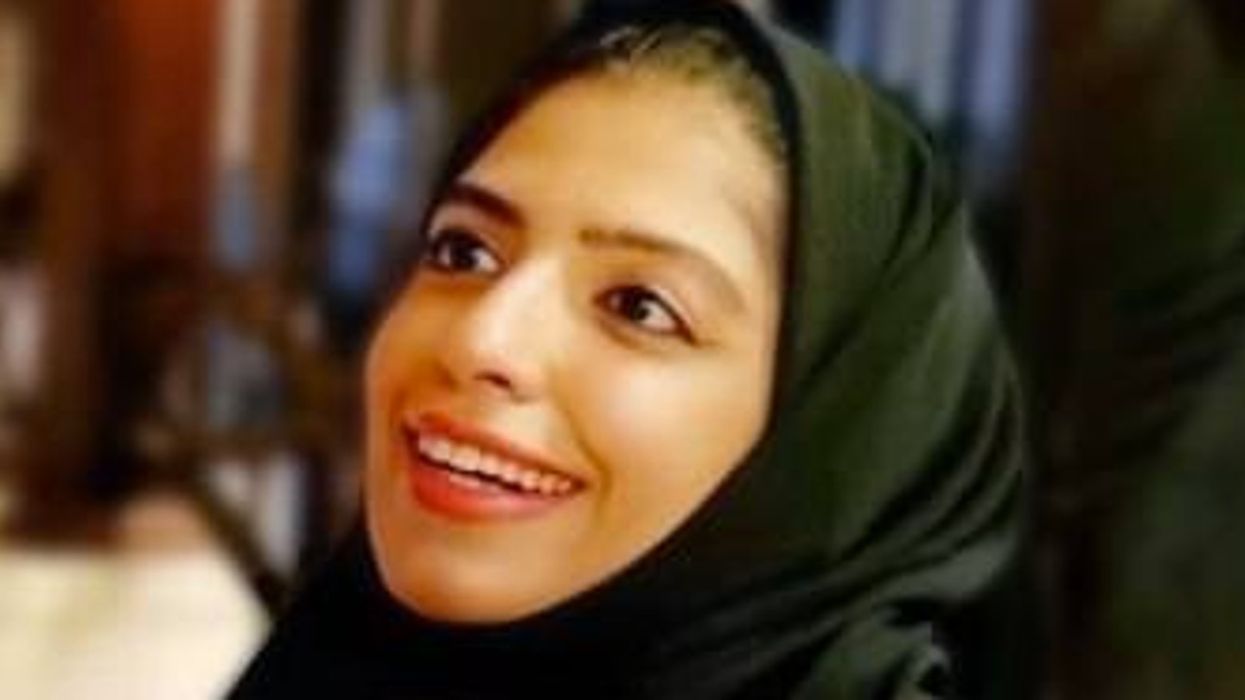A 34-year-old Saudi PhD student at Leeds University has been sentenced to 34 years in prison for using Twitter, media reports said.
Salma al-Shehab, a mother of two young children, was jailed for reportedly following and retweeting dissidents and activists on Twitter, the Guardian reported.
She was initially sentenced to serve three years in prison, but an appeals court on Monday (15) handed down the new sentence, 34 years in prison followed by a 34-year travel ban.
According to the report, Shehab had returned home for holidays when she was booked. She was arrested on January 15 last year, days before she was scheduled to return to the UK.
Organisations such as the Human Rights Foundation, The Freedom Initiative, the European Saudi Organisation for Human Rights and ALQST for Human Rights, have condemned the sentence and demanded for her release.
The US Commission on International Religious Freedom has said that the harsh sentencing happened due to Shehab’s religious identity as a Shi’a Muslim.
“We call on Saudi authorities to free Salma, allowing her to return to care for the children and to complete her studies safely in the United Kingdom. Tweeting in solidarity with women’s rights activists is not a crime," said The Freedom Initiative in a statement.
The Berlin-based European Saudi Organisation for Human Rights (ESOHR), said: "The Public Prosecution accused her of several charges, including undermining the security of society and the stability of the state, spreading sedition, providing aid to those who seek to disrupt public order, and spreading false and malicious rumours on Twitter. Appeals court judges invoked the counterterrorism regime and its financing to justify the harsh ruling, even though all charges against her relate to her Twitter activity."
Shehab has been alleged to 'assisting those who seek to cause public unrest and destabilise civil and national security by following their Twitter accounts', court documents reviewed by the newspaper stated.
The Guardian reported that Shehab was not a vocal Saudi activist, either inside the kingdom or in the UK.
She describes herself as a dental hygienist, medical educator, PhD student at Leeds University and lecturer at Princess Nourah bint Abdulrahman University, and as a wife and a mother to her sons, Noah and Adam.
She had 2,597 followers on Twitter. Shehab sometimes retweeted tweets by Saudi dissidents living in exile, which called for the release of political prisoners in the kingdom. She also supported the case of Loujain al-Hathloul, a prominent Saudi feminist activist who was previously imprisoned and is now living under a travel ban, media reports said.
Khalid Aljabri, a Saudi who is living in exile and whose sister and brother are being held in the kingdom, said the Shehab case proved Saudi Arabia’s view that dissent equates to terrorism.
It was reported that Shehab had at times been held in solitary confinement. Also, she was not able to communicate with the judge about how she had been handled.
Interestingly, one of Twitter’s biggest investors is the Saudi billionaire Prince Alwaleed bin Talal, who owns more than 5 per cent through his investment company, Kingdom Holdings.
However, Kingdom Holding announced in May that it had sold about 17 per cent of its company to the PIF, where Prince Mohammed serves as chairman, for $1.5bn. Which makes the Saudi government a significant indirect investor in Twitter, the Guardian report said.
Meanwhile, Twitter claimed that investors do not play a role in managing the company’s day-to-day business.





